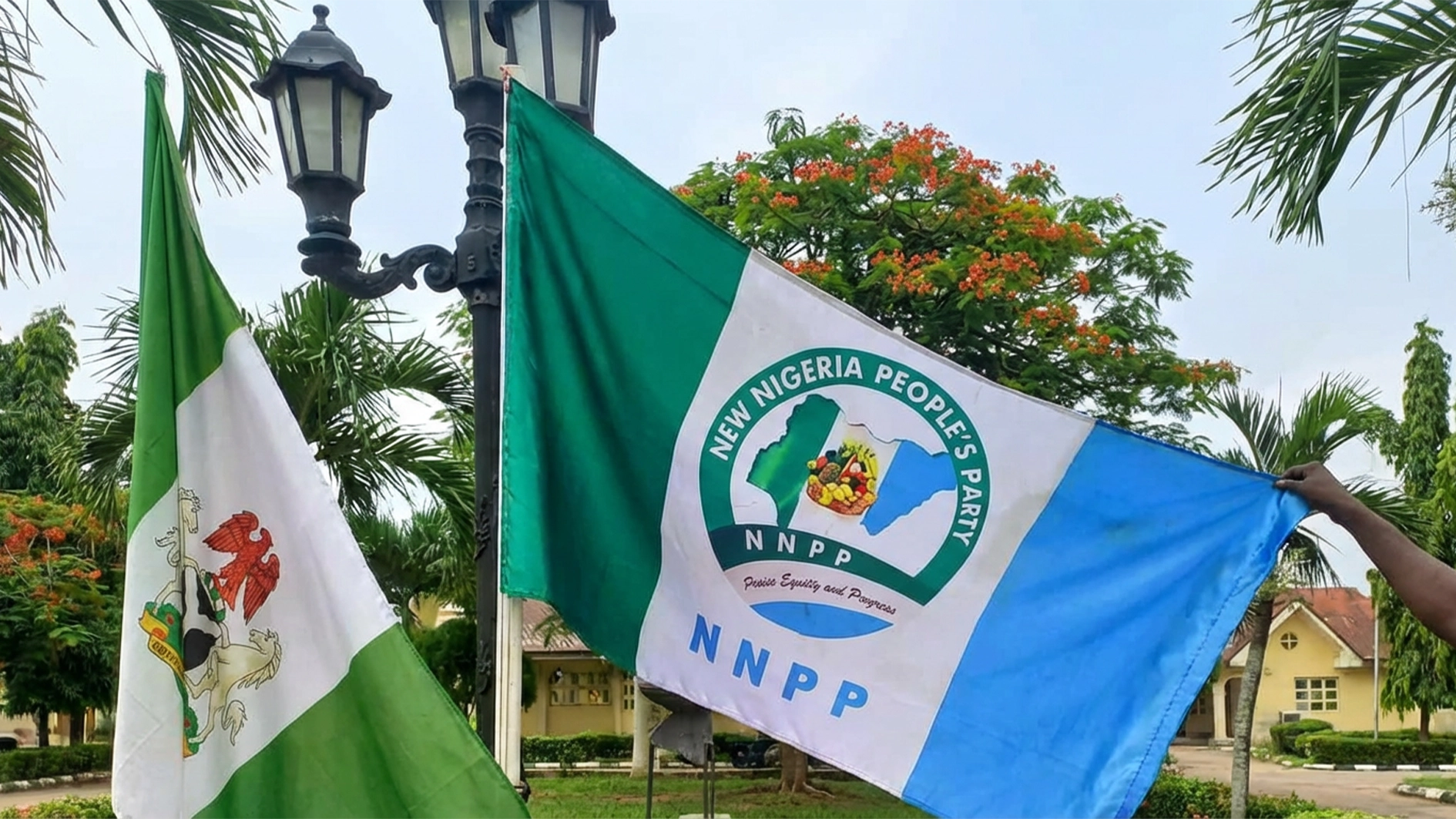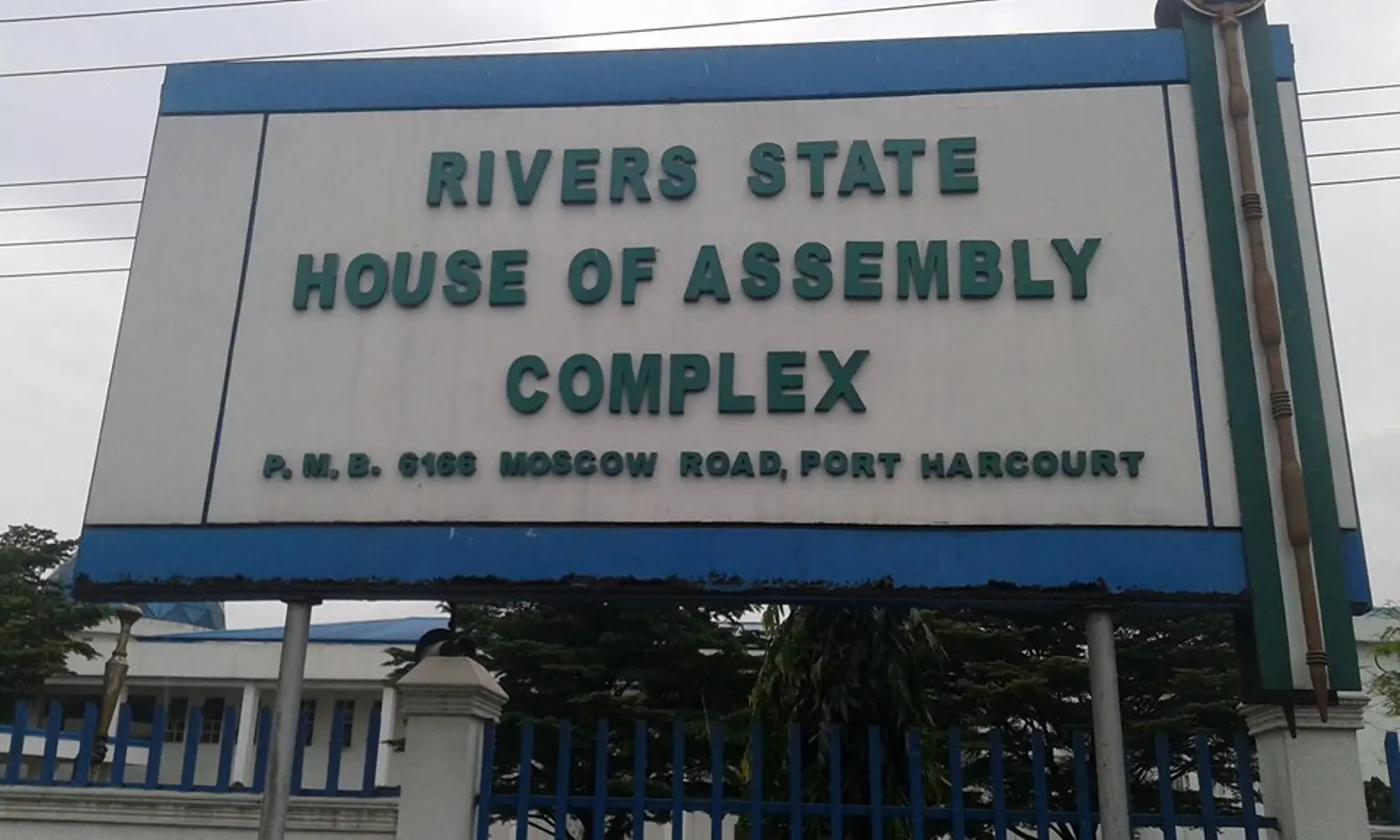Governor Seyi Makinde of the ruling Peoples Democratic Party (PDP) faces a daunting challenge to produce a credible successor on a crisis-ridden platform, rekindling Oyo’s long-standing jinx where outgoing governors struggle to determine who takes over after them, ROTIMI AGBOLUAJE reports.
As preparations for the next gubernatorial election in Oyo State intensify and political parties make arrangements for their congresses, Governor Seyi Makinde of the ruling Peoples Democratic Party (PDP) faces four layered obstacles, both in choosing his successor and in coordinating the party’s congresses.
First is the challenge posed by the nationally fractured PDP. The party remains embroiled in a lingering crisis that threatens its ability to field candidates for major elections if unresolved. Navigating this turbulence at the national level will shape Makinde’s manoeuvring in Oyo.
Beyond the national turmoil, the Oyo PDP itself is sharply divided. Many stakeholders no longer align with the governor, whom they accuse of running a one-man show. This internal disaffection raises questions about unity ahead of congresses and the 2027 polls.
Makinde must also contend with an opportunistic yet internally strained All Progressives Congress (APC), which stands to benefit from federal influence. The Oyo APC is aggressively pursuing reconciliation among its fractured tendencies, factions whose disunity helped Makinde in 2019 and again in 2023. A key plank of the party’s renewed rapprochement is its determination to reclaim power in 2027 and deliver the state to President Bola Tinubu, who also needs to retake Oyo to strengthen his second-term bid.
Fourth, Makinde, like other incumbent governors, will operate under a tighter electoral environment shaped by a new leadership at the Independent National Electoral Commission (INEC). With manipulation increasingly unlikely, grassroots legitimacy will become paramount.
With these four obstacles in view, Makinde, once seen as the President’s ally in 2023, may now find himself in a subtle ego contest with President Tinubu, who desperately needs Oyo for his re-election, even as the governor seeks to install his preferred successor.
Ultimately, Makinde’s ability to determine who succeeds him will depend on whether he can break the jinx that has trailed Oyo politics since 1999, where no sitting governor has successfully handed over power to a preferred candidate.
Since 1999, one constant has defined Oyo State politics: no sitting governor has ever successfully produced his successor. Every administration that attempted to install a preferred candidate was met with elite pushback, fragmented party loyalty, and a restless electorate that often votes against incumbency.
The pattern began in 2003, when former Governor Lam Adesina of the defunct Alliance for Democracy (AD) failed to return for a second term, let alone install a successor. His defeat to Senator Rashidi Ladoja, now the incumbent Olubadan of Ibadan, marked the first major rupture in Oyo’s modern political history, exposing how internal quarrels, weakened party structures and the Ibadan geopolitical calculus could undermine incumbency. Adesina’s inability to manage mounting grievances within AD and the rising PDP wave ended any chance of handing over to an ally.
Ladoja, who emerged from that wave, did not fare better. His tenure was consumed by the infamous impeachment saga engineered by his estranged political godfather, the late Lamidi Adedibu. By the time Ladoja regained office through a court judgment, his political structure had been fatally damaged. He could neither secure a second term nor rally the divided PDP to produce his successor in 2007. Instead, his deputy, the late Adebayo Alao-Akala, capitalised on the fractured landscape to clinch the ticket and the governorship.
Governor Alao-Akala himself faced the same cycle. His attempt to install a loyal successor in 2011 collapsed under internal PDP resistance and a public mood yearning for change. The opposition Action Congress of Nigeria (ACN), which later transmuted to APC seized the moment, delivering a surprise victory to late Governor Abiola Ajimobi. Akala’s defeat underscored a historic pattern: Oyo’s political elite rarely unite behind a sitting governor’s succession plan.
Governor Ajimobi, despite completing two terms and consolidating unprecedented control over Oyo’s political structure, could not break the jinx. His effort to produce Adebayo Adelabu, now Minister of Power, as his successor in 2019 faltered amid internal APC rebellion, resentment from Ibadan elites, and the broad coalition that rallied behind Governor Makinde. Even Ajimobi’s national influence in APC could not override the familiar anti-incumbency sentiment that shapes Oyo elections.
Today, with 2027 approaching, Oyo’s political history offers a clear warning: succession in the state rarely obeys the preferences of a sitting governor. Instead, it is determined by complex alliances, shifting loyalties, and a politically assertive electorate that routinely rejects imposed candidates.
Beyond Makinde’s bid to break the succession jinx, the deepening factional crisis within the PDP’s national leadership poses a more complex threat. One bloc is aligned with Makinde, the newly elected National Chairman, Kabiru Turaki, and National Secretary, Taofeek Arapaja. The rival faction is led by the FCT Minister, Nyesom Wike, alongside National Chairman, Abdulrahman Mohammed, and National Secretary, Samuel Anyanwu, with several court cases still pending.
While Oyo awaits the full impact of the national feud, its implications are already visible in Osun, where Governor Ademola Adeleke is reportedly uncertain about the platform on which to seek re-election next year. A similar dilemma could confront the PDP in Ekiti ahead of 2026.
Former Features Editor of The Guardian and public affairs analyst, Dele Fanimo, said it remains unclear whether the forces at play, and the conditions within the PDP, will allow the party to resolve its lingering crisis before the 2027 elections.
According to Fanimo, any congresses that produced candidates both as party executive and candidates as from now till when the two factions resolve may be null and void by both the courts and even INEC. “Here lies a dilemma for Makinde and other PDP members in Oyo.”
Other political observers also warn that no matter how strong Makinde appears locally, he cannot completely insulate the state chapter from the deeper rot consuming the national structure.
Makinde carries the expectation of keeping the party afloat and delivering a successor. But analysts argue that the turbulence in the party and Makinde’s growing isolation may complicate that mission.
Dr Ayantayo Ojo, a political scientist at Kola Daisi University, argues that Makinde is facing a steep uphill task.
“A tree does not make a forest. He needs the support of other people,” he said. “But many of the people are abandoning the PDP in large numbers. Makinde is not grooming a successor that can command party loyalty. Coupled with the deep fractionalisation of the PDP, it will be difficult for him to raise a strong successor.”
He adds that Makinde’s policies and leadership style have not enjoyed unanimous acceptance within the PDP, a factor that may weaken the governor’s control over the party machinery ahead of crucial primaries.
Dr Yemi Farounbi, former Nigerian Ambassador to the Philippines, believes the crisis goes beyond Oyo State. “The major problem facing him is the instability at the national level. Unless the PDP decisively deals with its internal crises, it may be unable to present candidates at the next election,” he warned. “That will make the platform unattractive.”
Farounbi also cautions that despite Makinde’s dislike for political godfatherism, he must balance openness with party discipline.
“If he allows internal democracy and resists the urge to impose a successor, he will midwife a good candidate who can ride on his record to victory,” he said.
Internal Democracy vs. Political Reality
Professor Olumuyiwa Familusi of the University of Ibadan acknowledges that the PDP is facing turbulence but insists the situation is not unique in politics. “It is not impossible for him to find a suitable successor,” he said. “However, internal democracy must not be jettisoned because politics these days is about personal interest and not ideology.”
On his part, Prof Dhikru Yagboyaju, Head of Political Science at the University of Ibadan, believes Makinde still has time. “It looks rough and tough for the PDP now, but the next general election is after about 15 months, which is a long time in politics,” he said.
He cautions, however, that unlike in 2019 when Makinde capitalised on Ajimobi’s dwindling popularity, the coming race may not be as smooth for his chosen aspirant.
Despite the turbulence, Makinde remains popular in Oyo State. His investments in infrastructure, security coordination, education, and workers’ welfare have strengthened his support base among civil servants, pensioners, and younger voters.
But popularity alone does not guarantee succession. The governor must contend with a fractured party, rival interests within the PDP, and an emboldened APC seeking to leverage federal access to challenge his dominance.
Dr. Adebukola Ayoola of the University of Ilesa believes Makinde still has the capacity to influence the race. “He’s been there now for six years and he has built structures within the party,” she said. “Of course, he can produce a successor.”
Public affairs analyst Prof Rashid Aderinoye agrees: “Makinde has shown that he can move mountains if he has people with him,” he said. “He would still produce a successor.”
APC: Opportunity or illusion?
The APC sees Oyo State as a major target for 2027. The party believes Makinde’s PDP is vulnerable, and federal backing could help it reclaim the state. However, analysts argue that the APC itself remains deeply divided and organisationally weak in Oyo.
Amb. Farounbi dismisses the APC’s capacity to upstage the PDP for now:
“Within Oyo State, APC is not visible enough. It is factionalised and fractionalised. The party doesn’t appear to have organisational cohesion,” he said.
He argues that only a complete collapse of the PDP at the national level could give the APC an easy pathway to victory.
Prof Familusi adds a reminder from history: “The PDP must learn from what happened to the APC in 2019,” he said. “The masses are a strong factor, and the national strength of the APC may not match that in Oyo State.”
But Dr Ojo offers a counterweight: “The APC is already capitalising on the PDP crisis. Politics requires mass mobilisation, and Makinde’s person-to-person appeal may be inadequate to attract large followership.”
INEC factor: A new sheriff in town
Another defining element for 2027 is INEC, now under a new chairman, Prof Joash Amupitan, a lawyer reputed for neutrality.
With increased deployment of BVAS, stricter monitoring, and digital transparency, analysts say incumbency advantage or federal influence may no longer determine election outcomes as strongly as before.
Farounbi describes the INEC Chairman as “a fair-minded analyst” but notes that only time will tell if he can walk his talk and whether the president will allow institutional independence.
Recently, when Governor Seyi Makinde introduced age as a criterion for determining his successor, declaring that anyone above 52 would not be considered, the statement sparked immediate political tremors. The remark unsettled not only the crisis–hit PDP but also drew sharp rebuke from the major opposition All Progressives Congress (APC), which described the comment as arrogant and a veiled attempt to predetermine the process and impose a preferred candidate on the state.
Makinde’s position further intensified agitations for zoning. Former Minister of Communication, Adebayo Shittu, was among those who insisted that Oke-Ogun would accept nothing short of the governorship in 2027. He argued that both the PDP and APC must respect long-standing demands for rotation of power away from Ibadan.
Since 1999, Oyo State has been governed almost exclusively by candidates from Ibadan, a pattern that has fueled deep resentment in Oke-Ogun, Ogbomoso and Oyo zones. Stakeholders from these areas insist that fairness and equity now require that Makinde back a non-Ibadan successor, especially if the administration is committed to balancing power and promoting inclusivity across the state.






